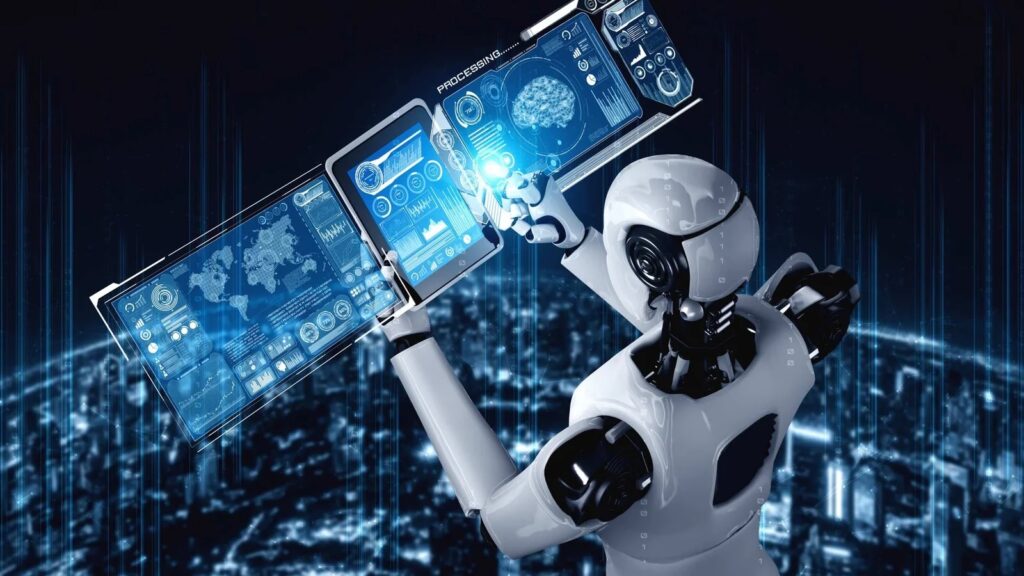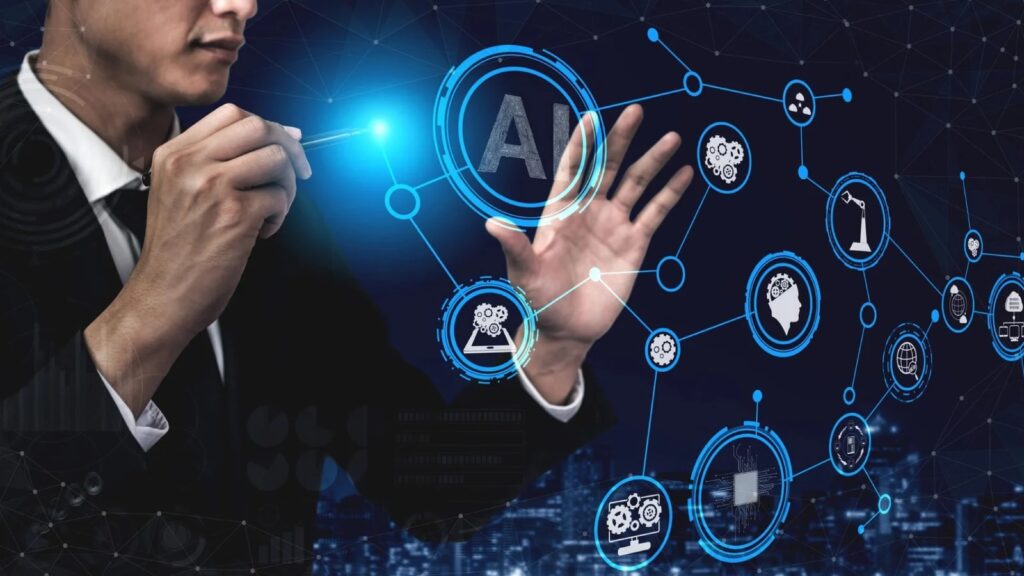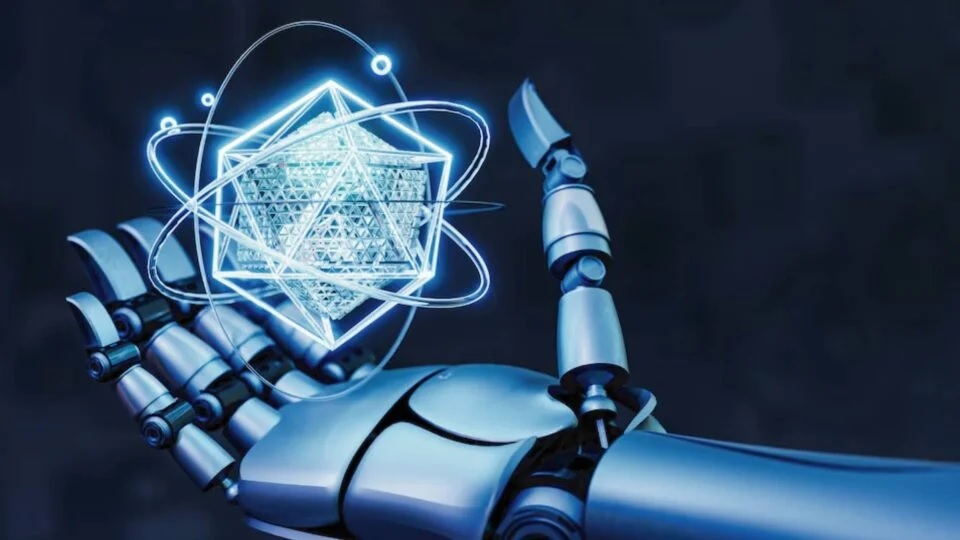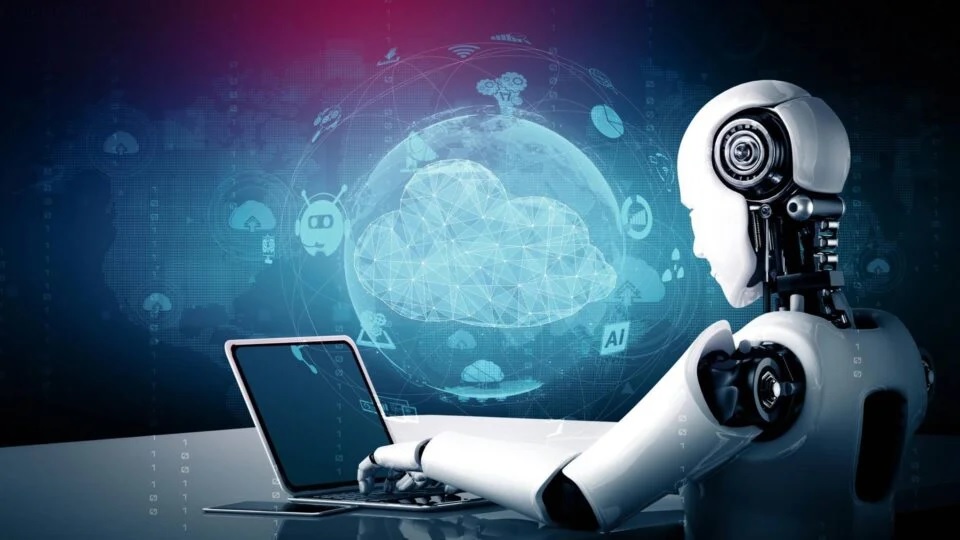
Revolutionizing RPA: How AI is Enabling Fully Autonomous Bots
Traditional RPA relies on scripted rules and predefined code. However, autonomous RPA operates differently. It leverages AI, machine learning, and intelligent decision-making to enable self-driving bots that can learn, adapt, and automate processes with minimal human intervention. As organizations face rising costs and operational inefficiencies, autonomous RPA is emerging as a game-changer. It has the…

The Master Marketers Taking Full Control of Creative and Media at Scale
How AI is transforming marketing roles AI and machine learning aren’t just tech buzzwords anymore—they’re redefining the entire marketing industry. These tools are optimizing the processes that drive campaign success, freeing up marketers to focus on what they do best: creativity and strategy. In this shift, we’re seeing the rise of a new kind of…

As AI Changes The Game, We Need More Women To Take a Chance On Tech
It is easy to argue that the tech industry has a gender diversity problem. And that employers must do more to make themselves attractive to women. As we look to a future shaped by AI however, change cannot happen soon enough. More women need to take a risk – putting aside what they’ve heard about…

RPA in 2025: AI Advancements and the Role of Lifecycle Management
Robotic Process Automation (RPA) in AI and Lifecycle Management is evolving beyond simple task automation. The next phase of automation is being driven by Artificial Intelligence (AI) and machine learning, which are increasingly integrated with lifecycle management systems. This combination is leading to more sophisticated and efficient solutions. By 2025, businesses will require intelligent and adaptable automation…

Revolutionizing IoT Security: The Promise of Wi-Fi HaLow
In the evolving landscape of the Internet of Things (IoT), connectivity has become a vital driver of innovation. As cities become smarter, industrial settings more automated, and campuses turn into digitally connected hubs, the demand for reliable, long-range, and low-power wireless technology is growing rapidly. Wi-Fi HaLow, based on the IEEE 802.11ah standard, is designed…

Shaping the Future of Innovation, Inclusion, and Ethics: Women in AI
Artificial intelligence (AI) is transforming economies, societies, and industries in real-time—it is no longer a concept confined to science fiction. According to the World Economic Forum (WEF), women make up only a small portion of the global AI workforce, despite AI being an integral part of everyday life. This imbalance goes beyond a diversity issue;…

Deep Space Exploration: The Impact of AI and Quantum Computing
Deep space exploration is pushing the limits of human ingenuity, but current computing capabilities remain a bottleneck. Despite their advanced power, classical supercomputers struggle to process the vast datasets and real-time decision-making demands of deep space missions. While AI bridges some of these gaps—assisting in autonomous navigation, planetary mapping, and predictive maintenance—it falls short when…

Maximizing Performance at Minimal Cost with Open-Source LLMs
Open large language models (LLMs) have emerged as a compelling and budget-friendly alternative to proprietary models like OpenAI’s GPT series. For those developing AI-driven products, open-source models offer robust performance, enhanced data privacy, and lower operational costs. They can even serve as viable replacements for popular tools like ChatGPT. Challenges of Proprietary LLMs OpenAI’s ChatGPT,…

Beyond the Hype: AI’s True Role in AI-Integrated ERP for 2025
Enterprise resource planning (ERP) systems have long served as the backbone of business operations, offering structure but often lacking flexibility. The introduction of artificial intelligence (AI) presents a transformative opportunity—enhancing ERP platforms by improving speed, predictive capabilities, and automation. As we step into 2025, AI-integrated ERP is no longer a distant vision but a present-day reality….
- 1
- 2